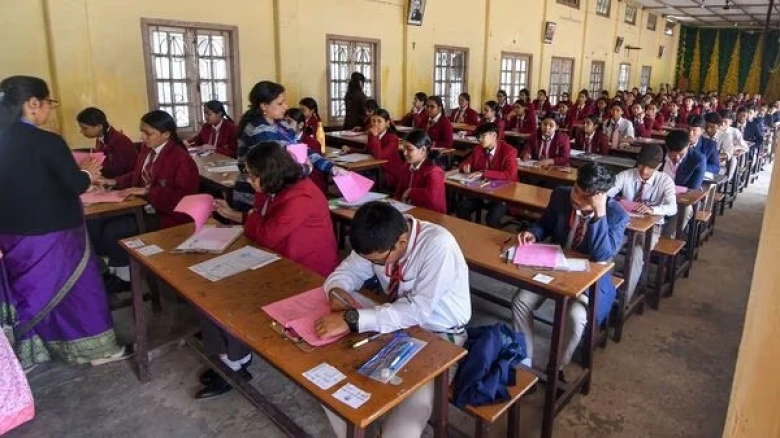The concept of open-book exams involves testing students' higher-order thinking skills by deviating from traditional exam formats...
Digital Desk: The Central Board of Secondary Education (CBSE) is aligning with the recommendations of the latest National Curriculum Framework for School Education (NCFSE) by proposing Open Book Examinations (OBE) for students in classes 9 to 12. The CBSE plans to conduct a pilot run of open-book tests in selected schools, focusing on English, Mathematics, and Science for Classes 9 and 10, and English, Mathematics, and Biology for Classes 11 and 12 later this year. This initiative aims to gauge stakeholder responses and assess the time students take to complete such tests.
Previously, CBSE experimented with Open Text Based Assessment (OTBA) for exams in Classes 9 and 11 from 2014-15 to 2016-17. However, negative responses from students and academicians were recorded during that period.
The proposed OBE is scheduled for November-December this year, and CBSE plans to decide whether to adopt this assessment method across all its schools for Classes 9 to 12 based on the pilot results. Additionally, CBSE will consult with Delhi University to gather insights.
The concept of open-book exams involves testing students' higher-order thinking skills by deviating from traditional exam formats. During the COVID-19 pandemic, despite opposition from students, Delhi University introduced open-book exams, requiring students to bring their own answer sheets, gadgets, study material, and sanitizers for minimal contact.
Open book examinations, such as the previously implemented OTBA by CBSE, allow students to access text materials in advance and refer to their notes or textbooks during the test. This approach encourages critical thinking, moving away from rote learning and fostering a deeper understanding of the subjects being assessed.

Leave A Comment